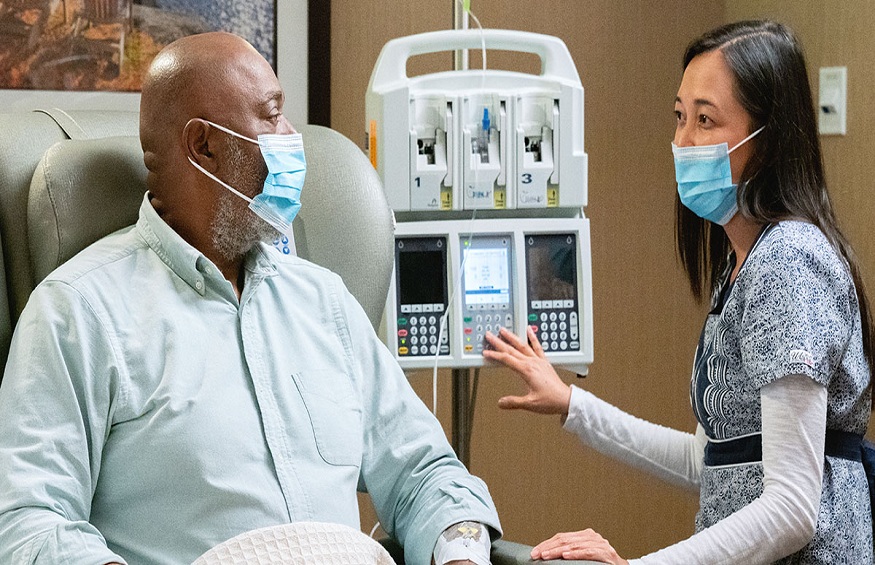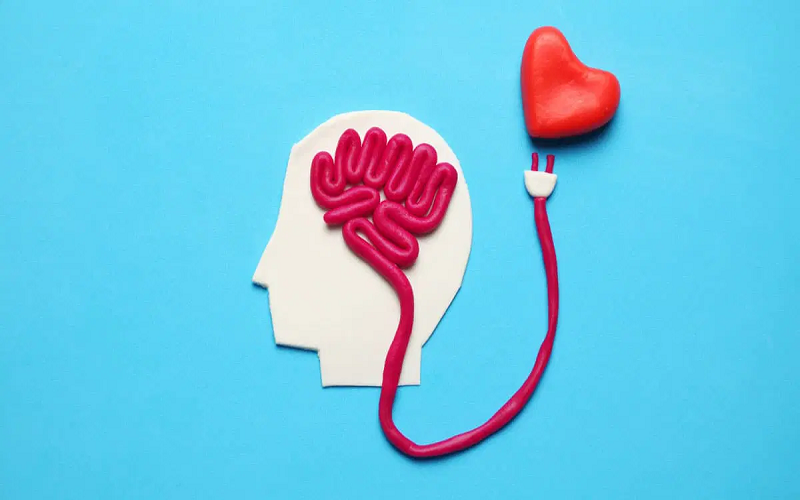Alternative treatments to chemotherapy include a variety of non-invasive and often low-risk therapies. These options vary depending on the type and extent of cancer, and may also be customized for each individual.
Many people seek out alternative therapies, sometimes out of desperation or because they believe traditional treatments aren’t working. But they could be putting themselves at risk by rejecting effective medical treatment.
Acupuncture
Acupuncture is a safe, effective treatment that can ease pain and nausea during cancer therapy. It can also help patients cope with other side effects, such as tingling in the hands and feet (peripheral neuropathy), hot flushes, fatigue, sleep disturbances, and a compromised immune system.
Chronic fatigue is common in cancer patients, and acupuncture can help relieve it by increasing energy levels. It can also help reduce stress, which can often worsen the problem.
In addition, acupuncture can help treat the side effects of chemotherapy and radiation. It can alleviate symptoms like hot flashes, xerostomia (dry mouth), depression and anxiety, peripheral neuropathy, and lymphedema.
Massage
Massage is a general term for pressing, rubbing and manipulating your skin, muscles, tendons and ligaments. It’s an increasingly popular part of integrative medicine and is offered along with standard treatment for a wide range of medical conditions and situations.
It can ease pain and anxiety, and increase your alertness. It may also decrease nausea and vomiting caused by chemotherapy.
A recent study found that therapeutic massage significantly reduced the symptoms of nausea, fatigue, and anxiety in patients undergoing chemotherapy. This treatment is a relatively safe and effective alternative to chemotherapy.
Yoga
Yoga is a mind-body intervention that combines physical postures and breathing exercises with meditation and ethical guidelines. It can help reduce stress and anxiety, improve sleep, and ease pain.
Patients who practice yoga during chemotherapy report that it helps them manage the side effects of cancer treatment including fatigue, nausea and vomiting. The practice also helps people to relax and find more meaning in their experience.
In this study, 10 adult cancer patients used yoga as a complementary therapy to their chemotherapy treatment. They frequently attended an instructor-led restorative yoga class that included training in breathing techniques, physical postures and meditation.
Meditation
One alternative treatment that may offer some relief for people with cancer is meditation. It can help people reduce anxiety and stress, improve sleep, boost energy and decrease pain.
Meditation is a mental exercise that trains people to be aware of their thoughts and feelings. Instead of trying to turn off the mind or eliminate negative thoughts, meditators practice noticing them without judgment.
Practicing meditation can be challenging at first, but it is worth the effort to improve your mood and overall quality of life. Taking time to meditate for even a few minutes each day can make all the difference.
Diet
A good diet is a crucial part of any cancer recovery plan. It can help manage the symptoms of chemotherapy and support your body’s ability to heal.
Many people find it helpful to talk with a dietitian about their treatment plans. They can advise on foods that may help maintain appetite, keep energy levels high and minimize side effects like nausea and vomiting.
A good diet includes plenty of fruits, vegetables and whole grains as well as lean proteins like chicken and fish. It also should include healthy fats, such as those found in avocados and olive oil.





